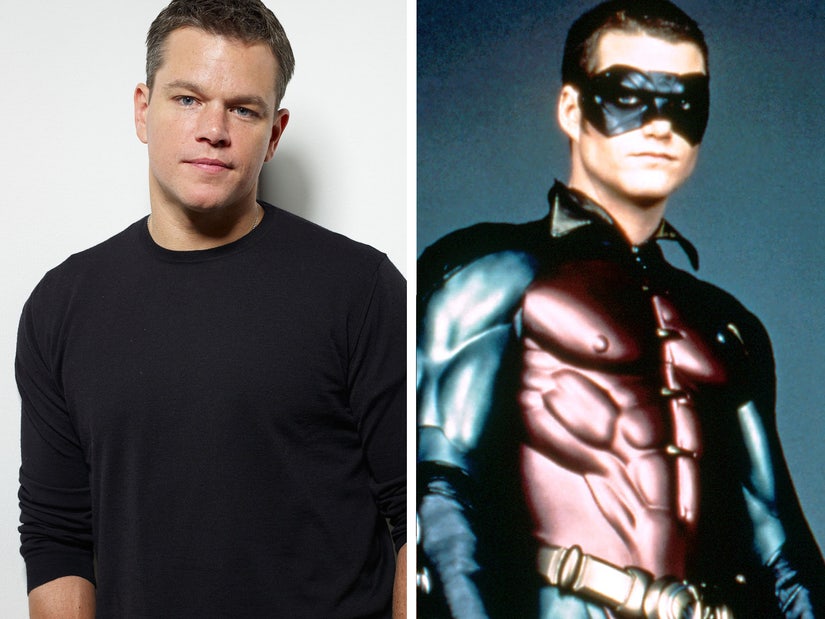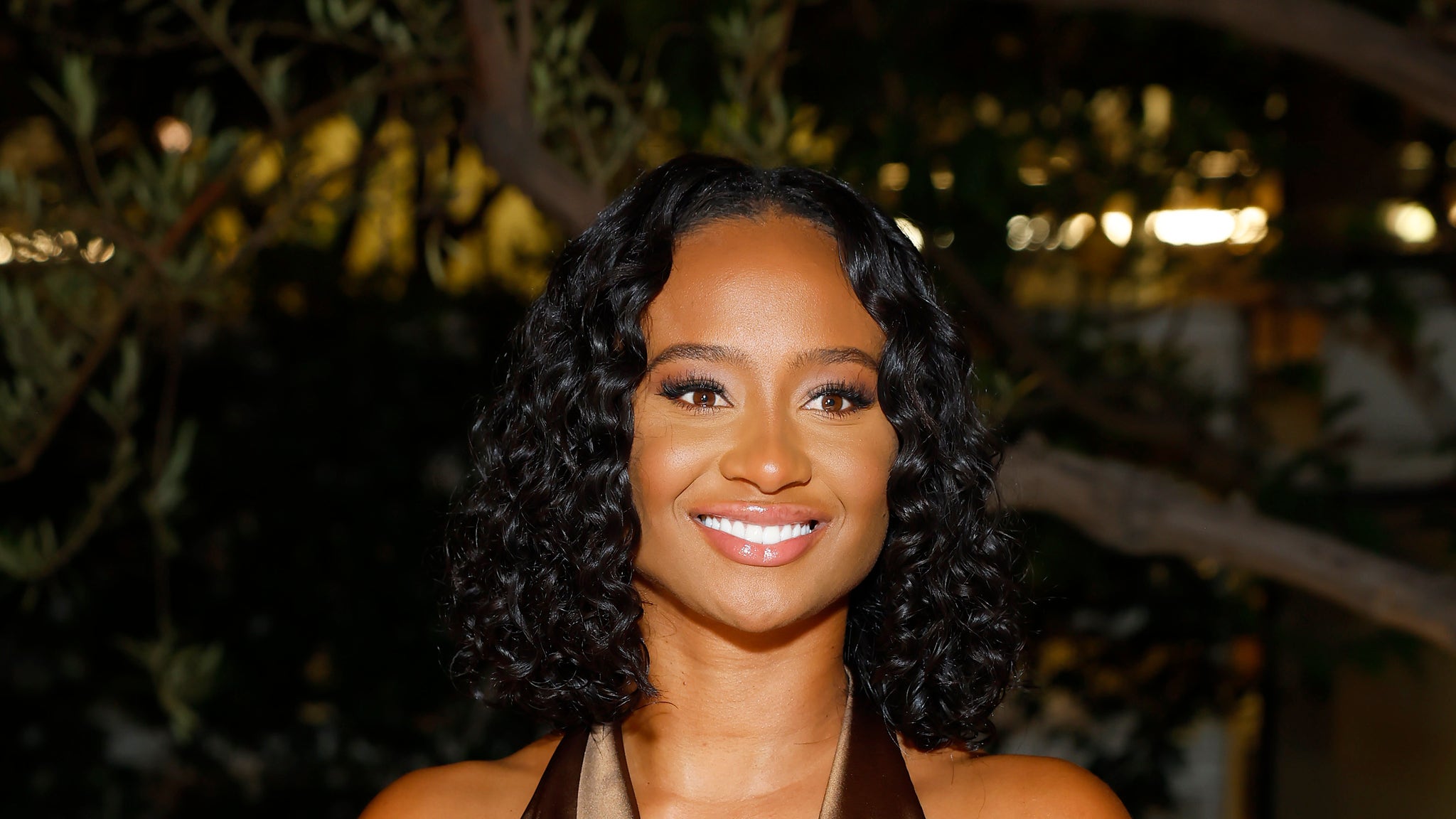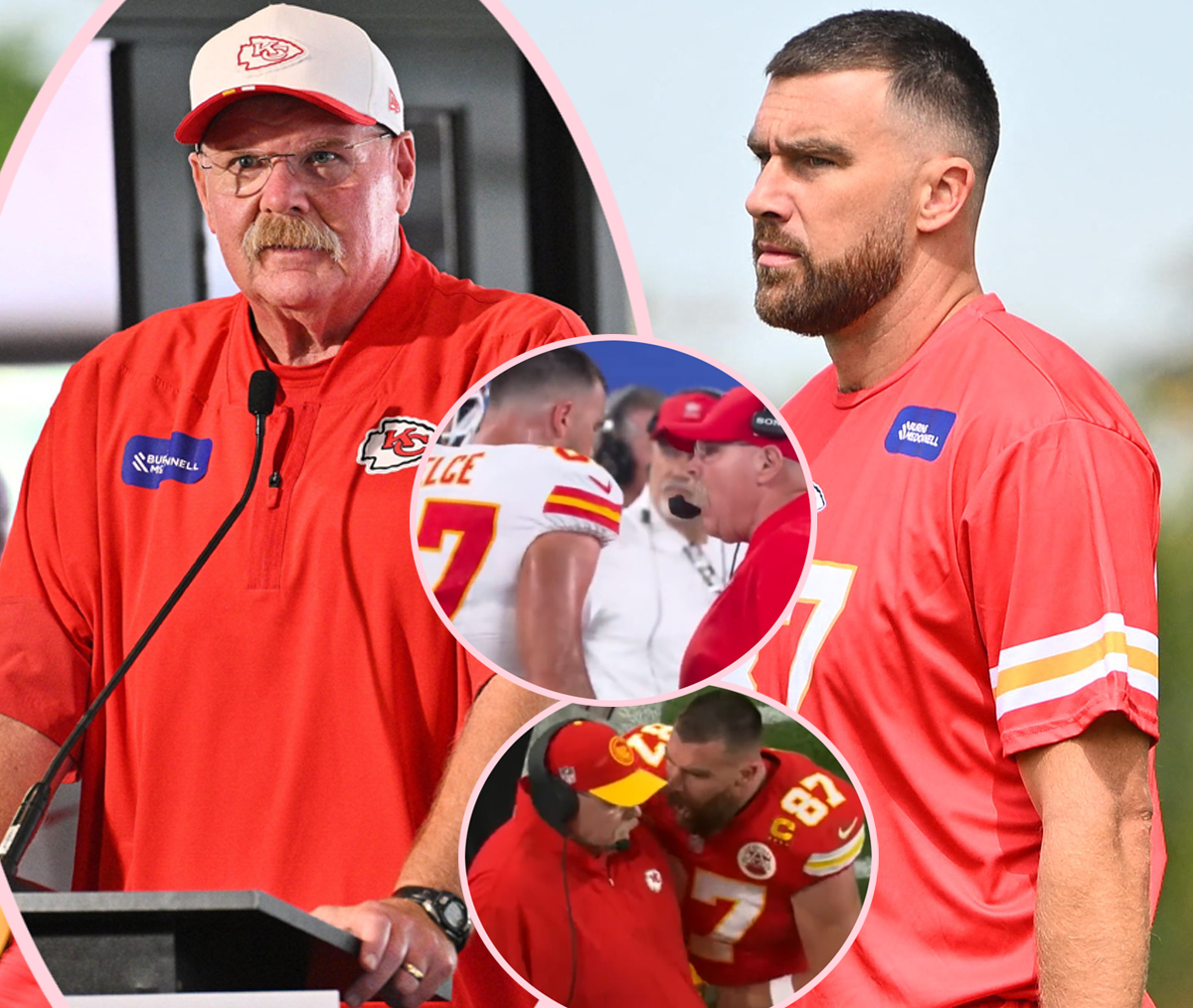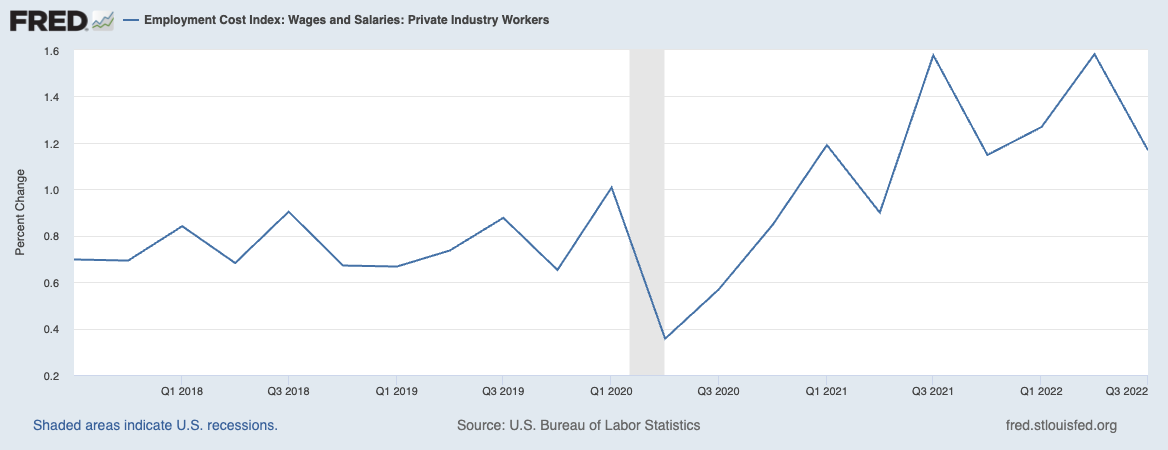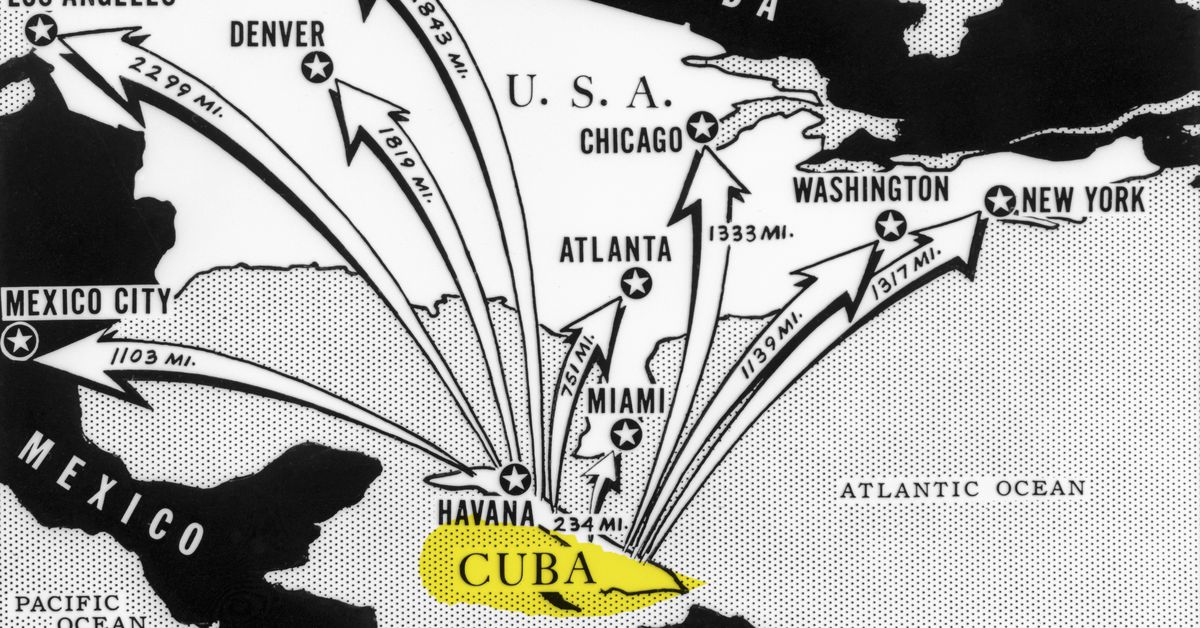“There was a lot of sense memory in the acting for me. It’s very intimate, what women are put through.”
Elizabeth Banks is opening up about her experience shooting her new film, “Call Jane.”
In a new interview with Vanity Fair, the actress revealed she learned how to perform abortions while preparing for the movie, which is inspired by true events and explores social change in the late 1960s through one woman’s fight to get a life-saving abortion.
Chrissy Teigen Reveals Miscarriage Two Years Ago Was Actually Life-Saving Abortion
View Story
When asked if she could “actually perform terminations,” Banks, 48, replied, “I think I might be able to, actually. I’d like to have a little more practice because I didn’t actually ever get to dilate anybody — I got to learn about the tools, watch the videos. But the procedure that we performed from 1968, there are similarities to it now but it is not the exact same. And most abortions now are self-managed via two pills.”
For the film, the “Pitch Perfect” star said she drew from her own personal experiences, including a “painful” procedure in which she had ovarian cysts removed.
“There was a lot of sense memory in the acting for me. It’s very intimate, what women are put through,” she said. “I had a procedure once [for] ovarian cysts. I was a specialized procedure that had to be done by somebody I’ve never met before, a male technician. He starts his procedure, no bedside manner, and it was so painful. I said, Can you please stop? It was actually making me nauseous, and I was worried I was gonna throw up. He treated me like, Can’t you just get it together? So I forced myself through this pain, through this procedure with this asshole technician in this room with no understanding of what [I’m feeling]. And then I went to my car and I bawled my f—ing eyes out.”
She added, “And honestly, that’s what I was thinking of while I was having the procedure in the movie. A pretty easy sense memory to bring up because it was raw and fresh, even though it was 10 or 11 years ago now.”
Speaking more on her experience making the film, the “Charlie’s Angels” actress said it was “mind-blowing” to learn “about how easy abortion” was back then.
“It made me look back at the history of pregnancy and birth in our culture — how for thousands of years, women were midwifed at home, and they passed down knowledge about it,” she said. “And then suddenly men decided, Wait a minute, we want to be involved with that! And we’re going to make it so that you can’t deliver a baby unless you’re a doctor, and you can’t be a doctor unless you’re a guy, because you can’t go to medical school unless you’re a guy. And so we just got pushed out of the most basic thing that we should be in charge of [laughs].”
“It just shone a light on how control over the entire reproductive process was wrested from women, slowly over time,” Banks added. “And when you think about what that means for women’s sense of themselves — it’s really deep and disturbing. That’s what the movie made me think about.”
The official synopsis for “Call Jane” reads: “Chicago, 1968. As the city and the nation are poised on the brink of political upheaval, suburban housewife Joy (Banks) leads an ordinary life with her husband and daughter. When Joy’s pregnancy leads to a life-threatening heart condition, she must navigate an all-male medical establishment unwilling to terminate her pregnancy in order to save her life.”
“Her journey for a solution leads her to Virginia (Sigourney Weaver), an independent visionary fiercely committed to women’s health, and Gwen (Wunmi Mosaku), an activist who dreams of a day when all women will have access to abortion, regardless of their ability to pay. Joy is so inspired by their work, she decides to join forces with them, putting every aspect of her life on the line.”
“Call Jane” is in theaters now.


